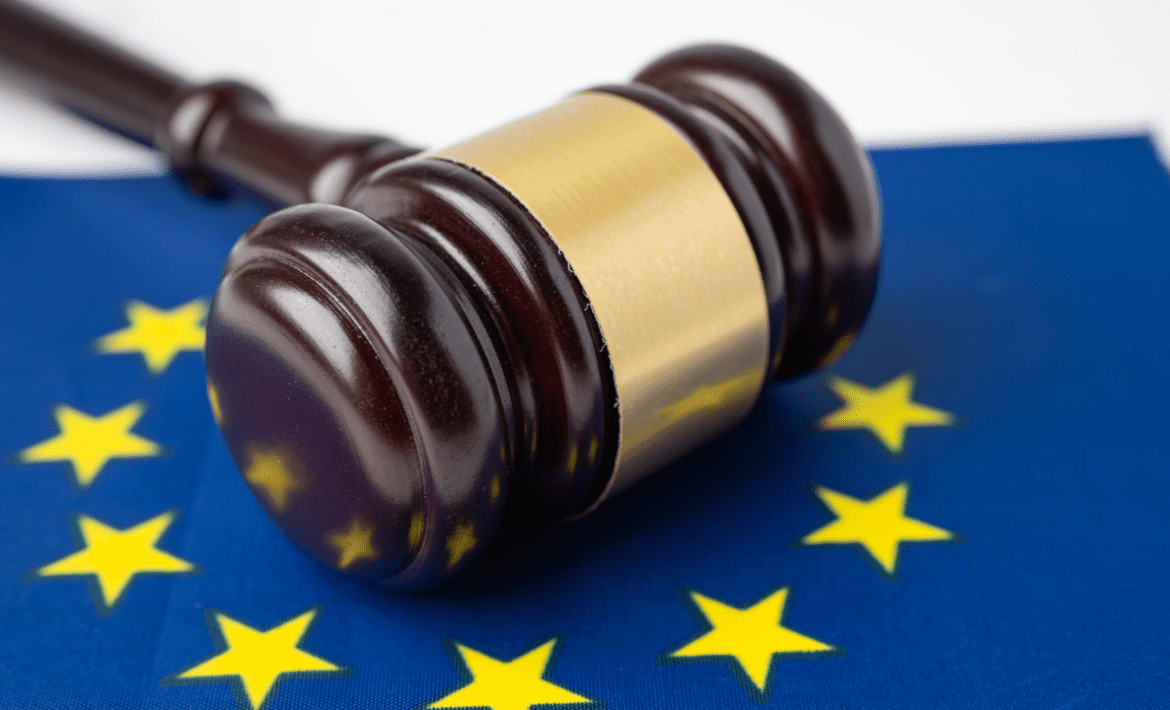Penalties will be imposed by Member States under the EU AI Act, with the support of various authorities and bodies including an AI Board, AI Office, Advisory Forum and Scientific Panel.
The EU AI Act establishes a comprehensive framework for regulating Artificial Intelligence (AI) in the European Union. The regulation aims to ensure that AI is developed and used in a safe, ethical, and trustworthy manner. To achieve this, the regulation imposes a number of obligations on businesses and organisations that develop, deploy, or use AI technologies. Failure to comply with these obligations may result in penalties, including fines, or even possible business suspension. Under the EU AI Act, Member States are tasked with laying down effective, proportionate and dissuasive penalties with the support of various entities, including an AI Board, AI Office, Advisory Forum, and Scientific Panel. These bodies will work together to enforce the regulations outlined in the act.
Penalties under the EU AI Act vary based on infringement type and severity, as well as company size
Under the EU AI Act, Member states will play a pivotal role in imposing dissuasive penalties, including administrative fines. This regulation establishes thresholds for the implementation of fines. For prohibited practices or non-compliance with data requirements, fines of up to €35 million or 7% of the company’s preceding year’s worldwide annual turnover (whichever is higher) will be applicable. For non-compliance with other requirements, including infringement of rules on general-purpose AI models: fines of up to €15 million or 3% of the company’s preceding year’s worldwide annual turnover. In cases of companies providing incorrect, incomplete, or misleading information to notified bodies or national competent authorities: fines of up to €7.5 million or 1.5% of the company’s preceding year’s worldwide annual turnover. The threshold will be set at the lower amount of these for SMEs, while for larger companies, the higher amount will be applicable. EU Institutions, agencies, or bodies will also be subject to these rules and may face potential penalties. The European Data Protection Supervisor holds the authority to impose fines on these entities.
EU citizens can file AI-related complaints and receive compensation for damages caused by high-risk AI systems or defective products under EU laws
Under the EU AI Act, individuals have the right to lodge complaints to national authorities regarding AI-related concerns. These authorities can then initiate market surveillance activities in accordance with the applicable regulations. Furthermore, through the proposed AI Liability Directive, individuals will also be able to seek compensation for damages caused by high-risk AI systems and it includes provisions as well for disclosing evidence related to specific high-risk AI systems suspected of causing harm. In addition, the revised Product Liability Directive ensures compensation for individuals who experience death, personal injury, or property damage due to defective products within the EU.
National competent authorities and national supervisory authorities will be appointed to assist Member states to carry out their crucial role in the EU AI Act enforcement
Within the context of the EU AI Act’s application and enforcement, Member States play a crucial role. To facilitate their role, each Member State is expected to appoint one or more national competent authorities who will serve the role of supervising the application and implementation of the EU AI Act, as well as conducting market surveillance activities. To enhance efficiency and establish a formal point of contact for the public and other stakeholders, each Member State is encouraged to designate a single national supervisory authority, which will also represent the country on the EU AI Board. The AI Board consists of senior representatives from national supervisory authorities, the European Data Protection Supervisor, and the European Commission. Its primary function is to ensure a streamlined, efficient, and consistent implementation of the EU AI Act. The AI Board provides recommendations and opinions to the Commission on high-risk AI systems and other matters pertinent to the effective and uniform application of the new regulations. In addition, the AI Board’s responsibilities have been broadened to include advising and assisting the Commission as well as Member States.
In addition to the AI Board, Member States will have access to a pool of experts including the AI Office, Advisory Forum and the Scientific Panel of independent experts
To enhance the Union’s knowledge and capacities in artificial intelligence, the European Commission will set up an AI Office, which will also contribute to the execution of EU laws related to AI. In particular, the AI Office will oversee and enforce new regulations for general-purpose AI models. The AI Office aims to develop the EU’s expertise in artificial intelligence, contribute to implementing EU AI legislation, and enforce general-purpose AI model rules. It will coordinate AI policies and collaborate with institutions, experts, and stakeholders. The AI Office will also serve as an international reference point and facilitate global exchange and collaboration. Apart from this, an Advisory Forum will also be established to provide technical expertise and advice to the AI Board and the Commission. The Advisory Forum will comprise a diverse group of stakeholders, including industry representatives, start-ups, SMEs, civil society organisations, and academic institutions. There will also be an independent Scientific Panel of experts who will support the implementation and enforcement of the EU AI Act concerning general purpose AI models and systems. This pool of experts will work with all the relevant bodies, and Member States to ensure the enforcement of the EU AI Act.








